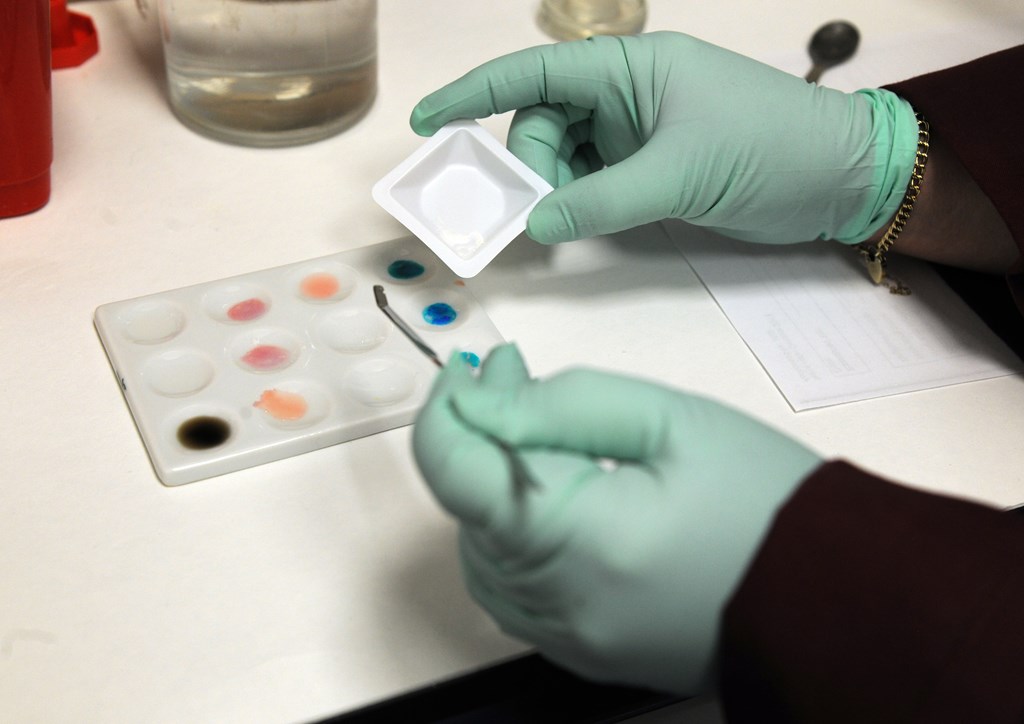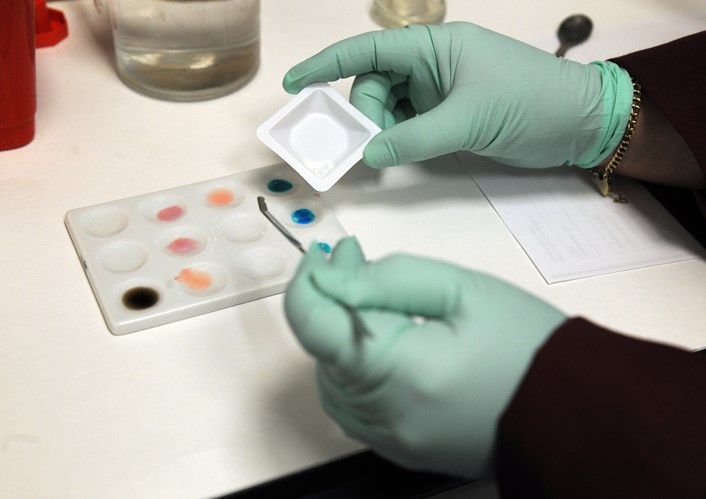
06 Dec 2018
National operation to retest manipulated forensic samples continues
Following a Randox Testing Services (RTS) report to Greater Manchester Police of alleged data manipulation within their laboratory processes, a team of experts identified that thousands of cases had been affected and a major national retesting programme was commissioned.
The National Police Chiefs’ Council (NPCC), working with the Forensic Services Regulator (FSR), the Crown Prosecution Service (CPS), the Home Office and the Association of Police and Crime Commissioners (APCC), has identified more than 10,500 cases across 42 force areas that may have been affected by manipulation.
The alleged manipulation came to light in January 2017 when RTS, during an internal investigation, uncovered irregularities and reported the details to Greater Manchester Police and the appropriate regulatory authorities. A criminal investigation was subsequently launched and as a result two men – a 47-year-old and a 31-year-old - were arrested on suspicion of perverting the course of justice. They have been re-bailed until 10 January 2019. Six more people, two women and four men, have also been interviewed under caution, although all but one of those have since been eliminated from enquiries.
Of the 10,500 cases identified, nearly 4000 have been retested or submitted for retesting and 2300 cases have been struck from the retesting process as they have been deemed unlikely to result in a change to the criminal justice outcome.
Of the highest priority cases, nearly 90 per cent (approx. 800) of cases have been retested, with the rest to be completed by April 2019.
Of the 2700 cases which have been fully revisited, approximately three per cent (a minimum of 90) of outcomes were affected. All 90 are road traffic cases, of which 50 were discontinued by the CPS and 40 had a conviction overturned following the case being reopened under s.142 of the Magistrates Courts Act, which gives Magistrates’ Courts a power to reopen cases to rectify mistakes.
Four additional road traffic cases have been taken to the Court of Appeal, with one case being overturned, one resulting in a reduced sentence, one appeal being unsuccessful and the fourth still to be decided.
The NPCC has employed an independent expert to analyse the retest results, with more than 1000 cases already being closely examined to ensure the quality and accuracy of the retesting work.
National Police Chiefs’ Council Lead for Forensics, Chief Constable James Vaughan, said:
“The integrity of forensic science is a fundamental part of our criminal justice system and we are working tirelessly to minimise the impact of this serious breach of standards.
“Managing the process for retesting over 10,500 potentially affected cases has been a major national police operation. We will continue this process until we can assure the public that we have retested samples in every case where it is necessary and possible.
“We’ve retested nearly 90 per cent of the highest priority cases. Of the cases retested three per cent have resulted in different outcome and a further four cases referred to the court of appeal - these are all road traffic cases.
“Unfortunately, the retesting process has been slower than we had either hoped or anticipated, as a result of the limited specialist and independent capacity within the forensic marketplace.
“Alongside the APCC and the Home Office, the NPCC are leading the work to bring other independent forensic testing suppliers into the supply chain to speed up the process.
“We have requested that local forces and coroners review the relevancy of toxicology to each affected case, so we can concentrate our efforts where they are most needed.
“This has succeeded in reducing the number of high priority cases, and has also led to around 2300 cases (approx. 22 per cent) being struck from the retesting process as they have been deemed unlikely to result in a change to the criminal justice outcome.
“I expect this re-evaluation process to reduce the timescales for completing the retesting programme, but our conservative estimates are that all relevant road traffic cases will be complete by mid-2019, and all other cases where toxicology was pivotal will be done by December 2019.”
Contact information
Communications office
By phone: 0800 538 5058
By email: press.office@npcc.police.uk

